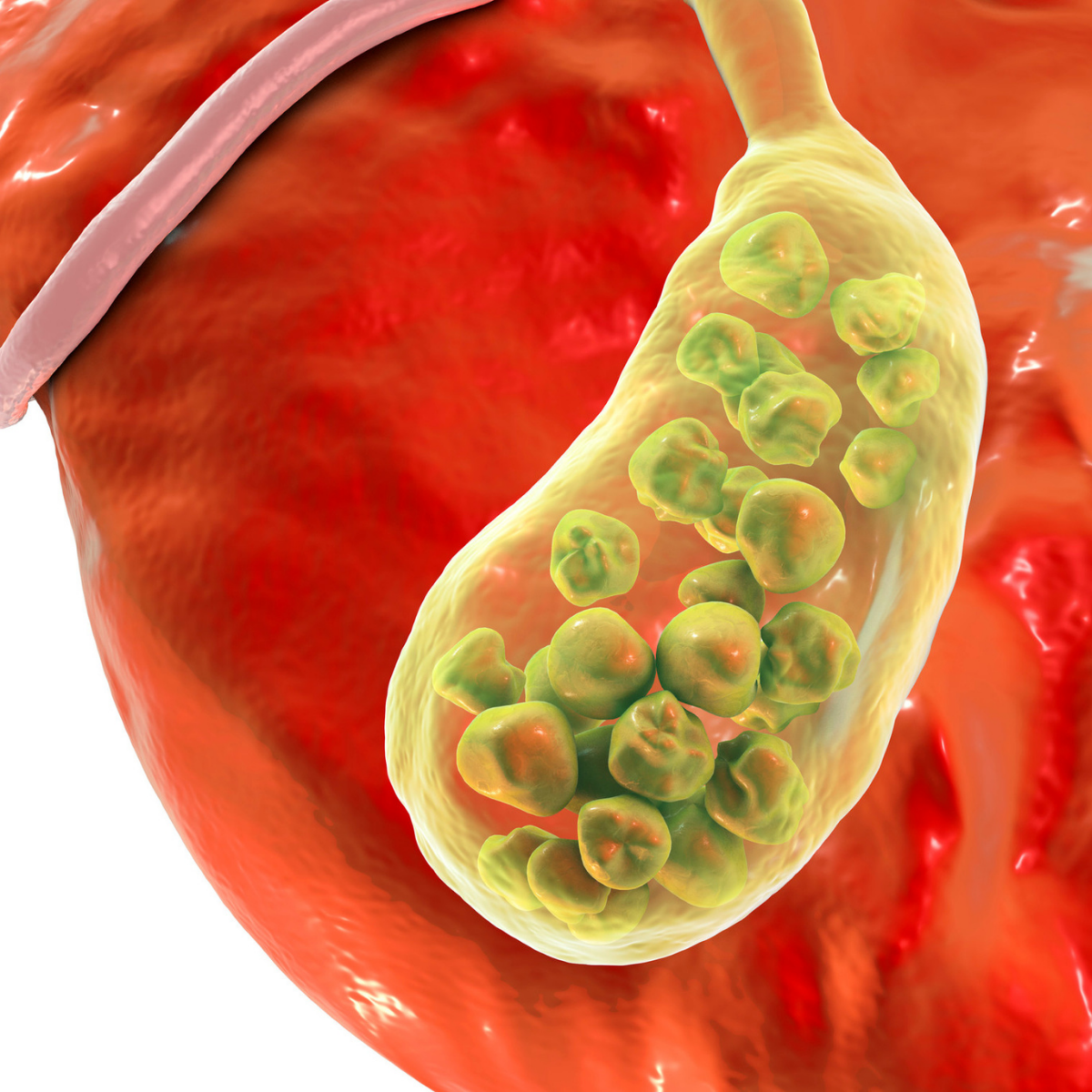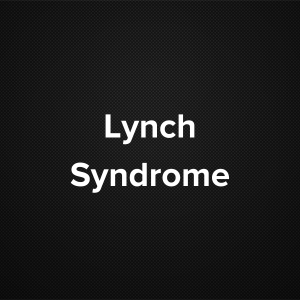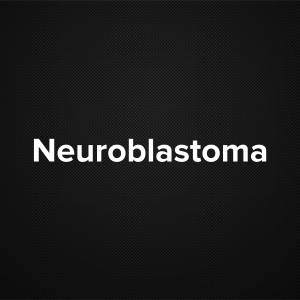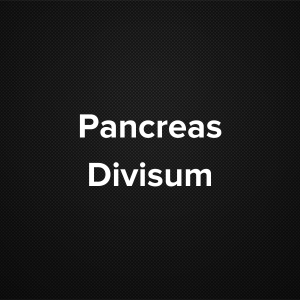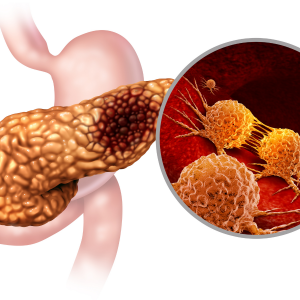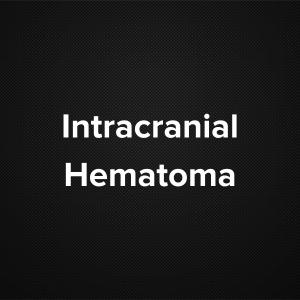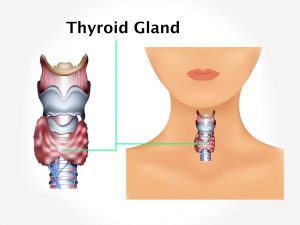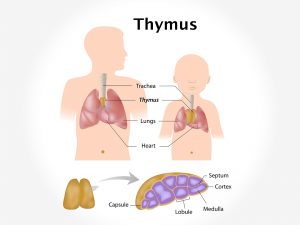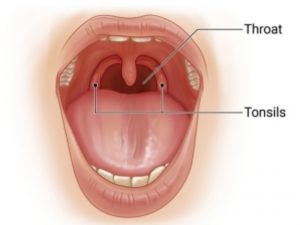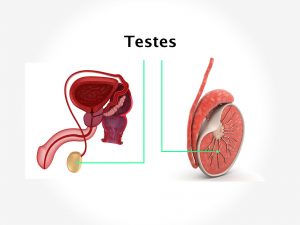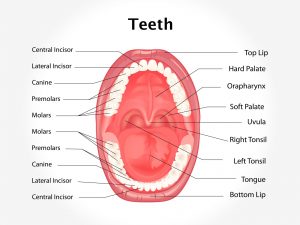Causes and risk factors
The exact cause of cancer is not known, but various risk factors or predisposing factors have been put forth. It is found that the cells undergo an uncontrolled and abnormal proliferation which gives rise to formation of tumors. Genetic predisposition is one of the major causes. Hereditary plays a major role. People with weak immune system and salmonella carries (typhoid fever sufferers) are more prone for cancer. Various gall bladder affections pose a risk factors for development of gall bladder cancer.Galltones and inflammation of the gall bladder is the main predisposing cause,Porcelain gallbladder where the walls of the gall bladder are covered with calcium deposits adds up to the risk. Affections of the bile duct like inflammation of the duct called as primary sclerosing cholangitis or choledochal cysts are the other predisposing factors. Although it is not clear yet but exposure to industrial and environmental factors (e.g.: nitrosamines) have found cause a role in development of gall bladder cancer. Secondary affection of the gall bladder i.e. metastasis from cancer present elsewhere in the body can also occur.
Clinical presentation:
In majority of the cases the patient remains asymptomatic in the initial phases. AS the pathology advances various symptoms can be seen. The patient usually comes up with a complaint of pain in abdomen (upper right part of the umbilicus) nausea and severe vomiting, jaundice. On examination yellowish discoloration of the sclera is seen (Jaundice), palpation of the abdomen reveals tenderness and feeling of lump (may be) in abdomen. Patient passes dark color urine and white or grayish greasy stools.Weight loss, fatigue, loss of appetite is the other associated symptoms seen.
Investigations:
Diagnosis is done on the basis of symptoms narrated by the patient and the examination carried out by the doctor. Palpation of the abdomen, examination of the lymph nodes and examination of the sclera for sign of jaundice is done .Certain investigations like routine blood test, Blood markers for cancer (CA19-9), CEA, Ultrasound scanning of the abdomen and pelvis and CT scans of abdomen are firstly advised. On detection of any abnormalities in the gall bladder. A Biopsy, endoscopic retrograde cholangiopancreatography (ERCP), magnetic resonance cholangiopancreatography (MRCP) are advised.A complete scan of the body can also be recommended for metastasis.
Treatment:
Surgical removal of the cancerous gall bladder is the first line of treatment. Various surgical approaches can be adopted. Depending upon the extent of the cancer, cholecystectomy, extended cholecystectomy (where the gallbladder and the affected lymph nodes and affected part of the liver are excised).Radical resection (where removal of the entire cancerous gall bladder and surrounding tissues) can also be carried out. After surgical intervention radiation therapy is used. Targeted chemotherapy and immunotherapy agents are administered.
Recent update:
A new test named minichromosome maintenance protein (McM5 protein test) is being researched to find out its utility and accuracy in diagnosing gall bladder cancer.
